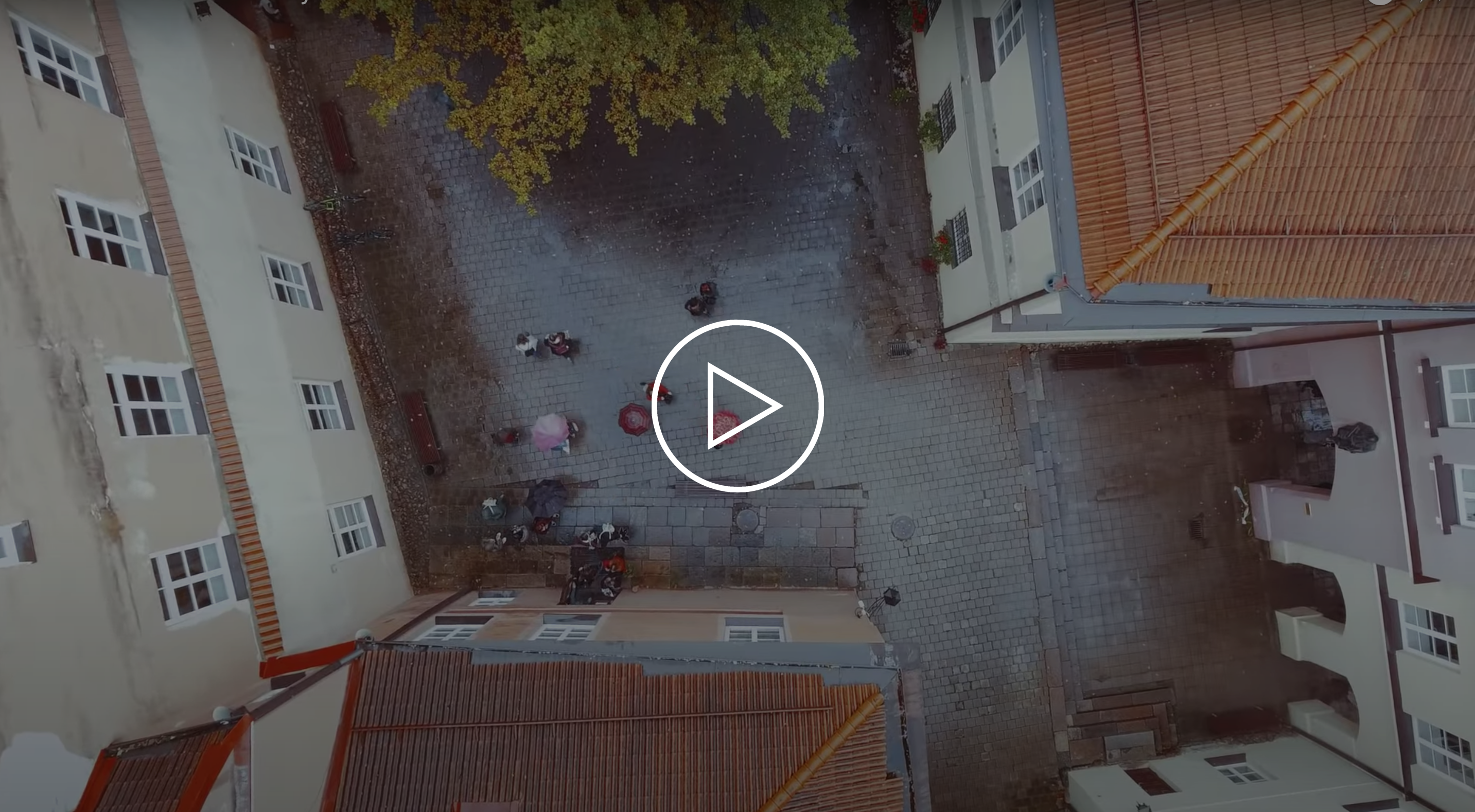Take part in a virtual two-day study fair and participate in various activities from the comfort of your home.
Learn about academic life at Vilnius University, and all opportunities await you.
Discuss relevant topics in personal or group consultations and win prizes for active participation!
Get to know the University community and its members and meet like-minded people.
Find out what our international students like the most about studying at Vilnius University.
